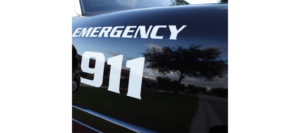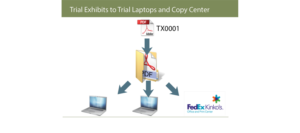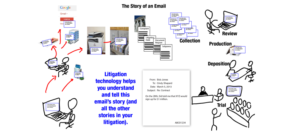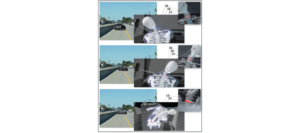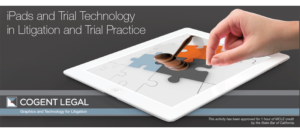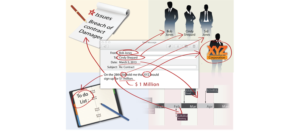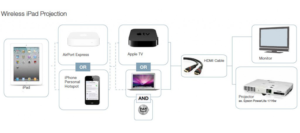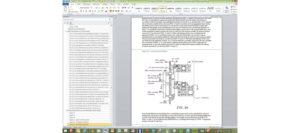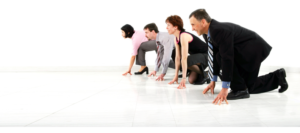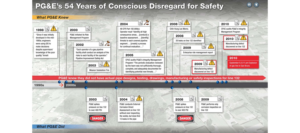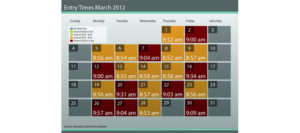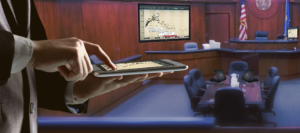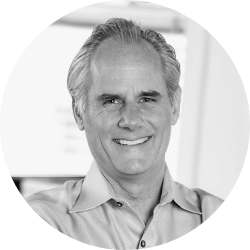Litigation would be much easier if you could work on just one case at a time, and if each case moved quickly to a conclusion. Unfortunately, litigators don’t have that luxury. Litigators need to jump from case to case, putting out fires in one, then jumping to the next. Because litigation can span years, litigators often need to return to information and analysis done weeks, months or even years ago.
In years of litigating big, complicated cases with these challenges, I’ve used a number of tricks to put key information and documents a couple of clicks away. In today’s blog post, I’ll share a few of those tips in the context of a patent case (for non-patent litigators, you may still find some of these tips of value).
